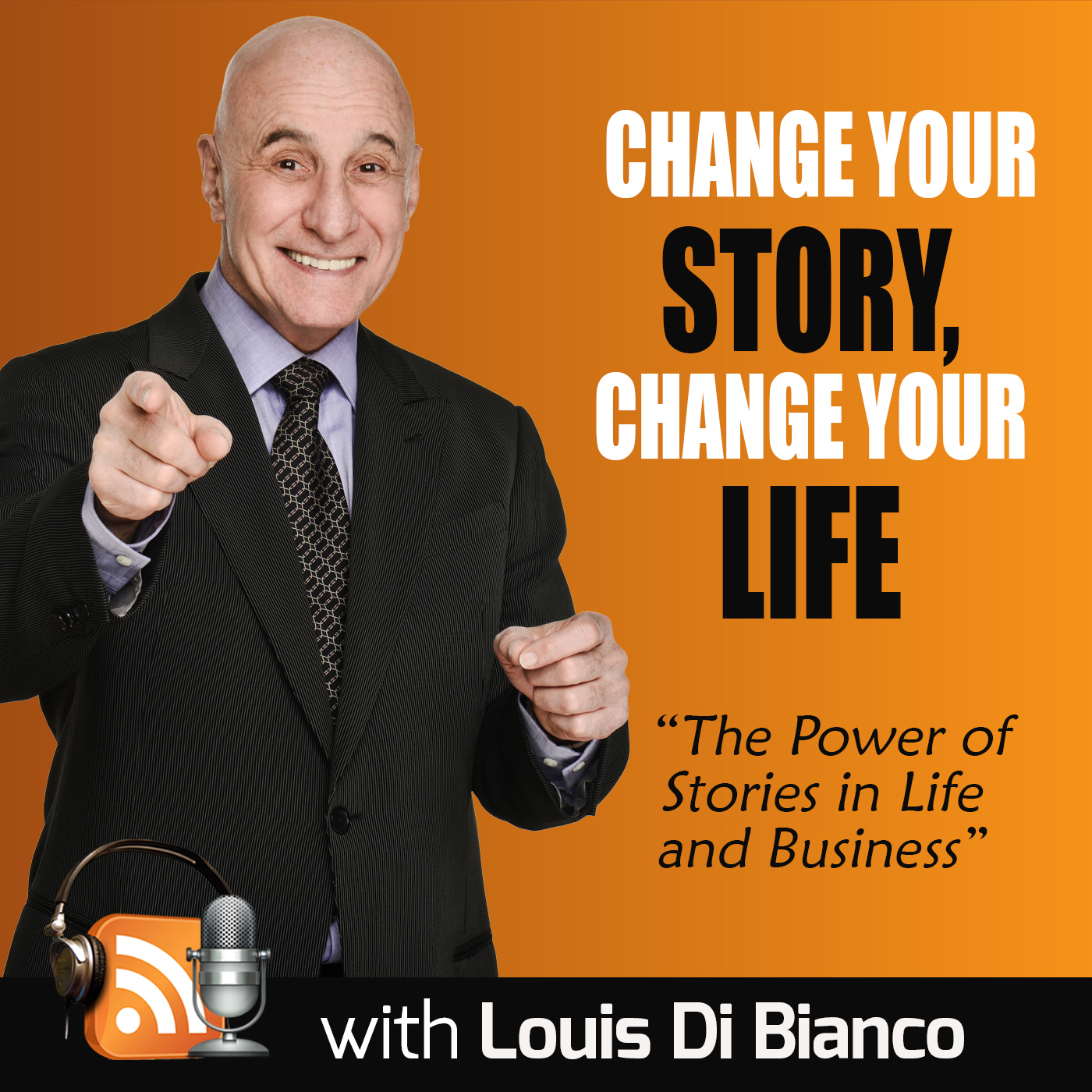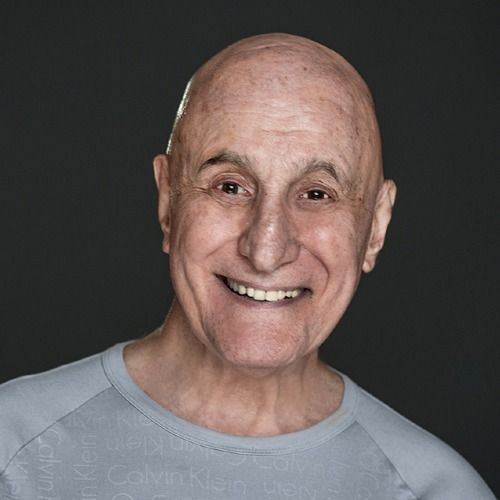159: Conflict in Storytelling
CONFLICT IN STORYTELLING
Conflict in storytelling is a vital element to all great stories. In fact, you won’t a story if you do not introduce and develop conflict from beginning to end.
Why? Because people get involved and remain engaged in your story when it takes them on a journey toward the resolution of conflict.
Think of conflict in storytelling as a powerful tool to create and sustain tension. Tension hooks and holds attention.
LEARN FROM MOVIES
Two movies that demonstrate intense conflict in storytelling are:
- E. T. The Extra-Terrestrial – directed by Steven Spielberg
- Rocky – starring Sylvester Stallone
CONFLICT RESOLUTION
Why do people see plays and movies more than once? They want to experience the resolution of conflict in storytelling. The journey, the struggle against obstacles, toward the resolution of conflict arouse strong emotions and makes people more alive.
Remember this rule of storytelling. People are held and remain engaged by the process of resolution, not the outcome.
In this episode, you will gain insight to three great stories that people return to again and again even though they know how those stories end. They are:
- Hamlet by William Shakespeare
- Romeo and Juliet by William Shakespeare
- It’s A Wonderful Life – starring James Stewart and directed by Frank Capra
CONFLICT IN STORYTELLING FOR BUSINESS
You will learn why you always want to use conflict in storytelling for your presentations, sales and marketing messages, and pitches to enrol people in your ideas or cause.
This is why storytelling works so well to earn your money and create success in your business:
- Character – You create a central character that represents your audience’s avatar; your audience is your specific target market.
- Pain Point – You identify your audience’s biggest pain point.
- Resolution – You promise to eliminate pain and resolve your audience’s problem.
- Conflict – You introduce conflict to take your audience on a satisfying resolution journey.
- Empathy & Rapport – You identify your audience’s conflict and make them feel understood. That makes them like and trust you, and feel that they know you.
ONE PLUS ONE IS THREE
Discover why I care about your success as a masterful storyteller.
QUOTE IN THIS PODCAST
“People don’t care how much you know until they know how much you care.” – Theodore Roosevelt
GREAT STORYTELLING BOOK
Nobody Wants to Read Your Sh*t by Steven Pressfield

